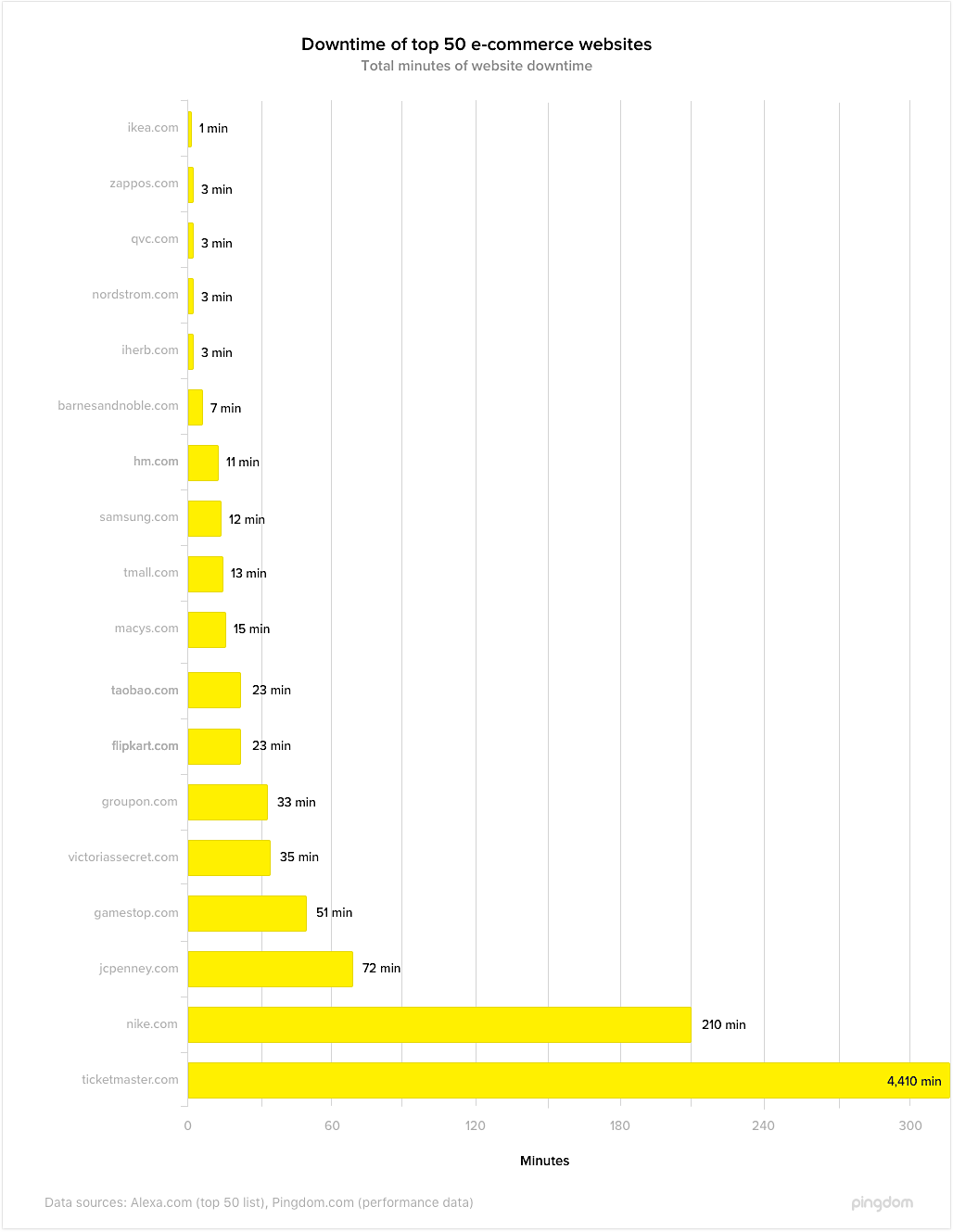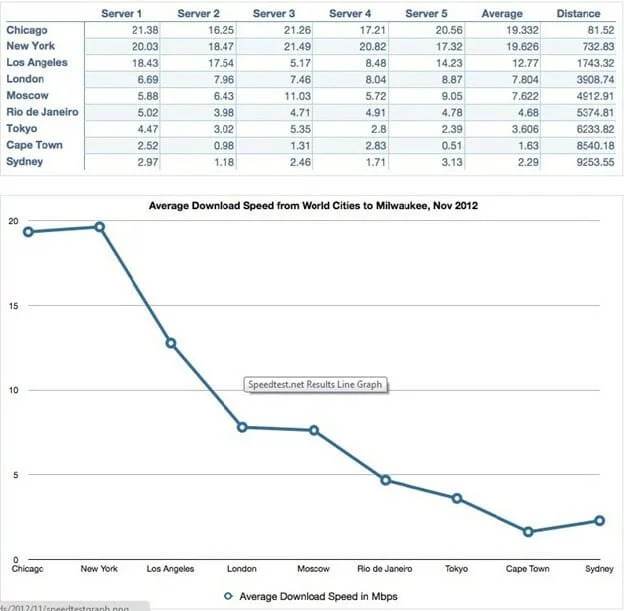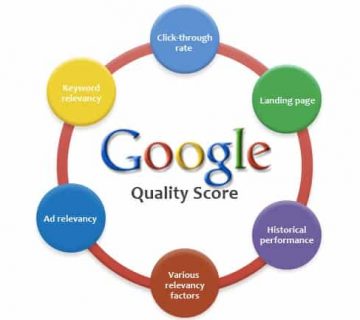5 Facts you didn’t know about SEO & Shared Hosting
A strong SEO strategy is the key to the success of your website. You already know it (or if you don’t, you should!). However, SEO does not just involve using the right keywords in the right places, ensuring that your site is mobile-friendly and publishing powerful content that attracts visitors. Many technical problems can also affect the overall effectiveness of your strategy.
So, you may be wondering to what extent a technical factor such as your hosting option will affect the performance of your site. You might be thinking of Shared Hosting. It’s a popular solution as Shared Hosting is more affordable than other models.
Is Shared Hosting A Good Choice Or Will It Harm Your SEO? To better understand this, we’ve compiled this list of five key points you need to know about the relationship between SEO and Shared Hosting.
1) Shared Hosting is not a ranking factor
This is the most important point. Some SEO factors have a direct impact on your page rankings on relevant Google search results. These are the factors that Google’s algorithm specifically “considers” when determining where to rank a page. When programming the algorithm, Google developers deliberately plan to calculate these factors when ranking pages. They are also often willing to let people know which factors are important.
According to Matt Cutts, formerly head of search quality at Google, your hosting option is not a ranking factor because Google understands that you cannot control who else is at the IP address
There are many SEO factors that have an indirect effect on ranking. The fact that Google does not program its algorithm to test a site’s host does not necessarily mean that your Shared Hosting has any effect at all.
For example, while your hosting option may not directly affect your Google rankings, it may affect its performance, indirectly affecting its ranking as a result. Several of the rest of this list show how this can happen.
2) The loading speed of the website is an issue
The page load time on your site is an example of how choosing a web host can indirectly affect your ranking. After all, while the host you choose is not exactly that important for SEO, site speed is. Pages that load faster have just lower bounce rates. Over time, high bounce rates can affect the position of your pages when users search for them.
People just don’t have the patience for slow sites. In fact, Google research has confirmed that most mobile users will leave a page that takes more than three seconds to load:
- 1-3s: 32% chance of quitting
- 1-5s: 90% chance of quitting
- 1-6s: 106% chance of quitting
- 1-10s:123% chance of quitting
This type of consistent user behavior tells Google’s algorithm that the content on these pages is not valuable to users. Because Google’s goal is to ensure that users find relevant and valuable content while performing searches, the algorithm will thus favor the pages that load faster because they are simply more likely to retain visitors.
That’s worth remembering when deciding where to host your site. With a shared hosting provider, your resources are distributed in such a way that the site speed can suffer at times. This makes sense because you are not the only one using the host’s resources. Other sites also depend on it. This can pull the host from time to time, and when that happens, there is a good chance that your pages will load more slowly.
This does not mean that you should reject a shared hosting application for this reason alone. This simply means that you should consider site speed as an important factor when evaluating all options. You need to be sure that your pages will generally load at a reasonable speed (three seconds or less). Explore your options and try to find one that is known for hosting reliable fast sites. And remember that you can always switch to a new web host if your current one doesn’t work.
3) Uptimes and downtimes are very important
It should come as no surprise that the site’s uptime and downtime contribute to your Google ranking. Sites that are in prolonged periods of time will struggle to attract regular visitors. Obviously, you can’t get to the top of SERPs if that happens. As with slow loading sites, users are unlikely to revisit sites that have often been through the past. Downtime will naturally limit the ability of users to find your location in the first place.
Don’t assume that you can find a host that will always keep your website online. To perform basic maintenance, the site should be stopped for a while. You need to investigate how often this happens with the various options you are considering before making a final decision. Some host performance maintenance more often than others.
While maintenance is, of course, important, excessive maintenance can reduce operating time. You need to strike the right balance between reasonable running time and reasonable maintenance. On the right you can see the downtime of the 50 largest online stores.
However, you should also consider the technical features of your hosting choice. Some hosts are unable to handle dramatic changes to a site’s needs.
For example, you might post a piece of content on your site that goes viral. This could lead to a huge increase in traffic. A poorly equipped web host may not be able to handle this traffic. What should be a good day for the popularity of your site could turn into a bad one if the sudden boost in traffic causes your site to drop. Because SEO is based on a website that has minimal downtime, you need to find a host that can handle these unexpected increases in traffic.

There are steps you can take on your own to prevent site downtime, such as:
- Tracking setting
- Increasing security
- Backup your website regularly
- Choose a trusted web host
- Use a CDN
- Adjust your location
Again, this shows how technical factors can have a bigger impact on SEO than you may have initially considered. As you probably know, a basic principle of SEO is simple: after strong content. If your content is strong, you will attract users to your site of course.
The problem is, if your web hosting option is unable to handle the sudden increases in traffic, you will not be able to fully utilize that content. So when planning your content strategy from an SEO standpoint, you still need to consider how technical details will affect your content strategy.
4) Server location issues
It is often important to consider the location of your server host when considering your options. The location of the server host affects the speed of the site and, as you already know, the speed of the site affects SEO.
Your main goal is to identify where most members of your target audience live. This doesn’t have to be a very specific location, it can also be country. However, if your audience is sufficiently concentrated in a particular area, the more specific you can determine its overall position, the better. This can happen if you run a local business. In this case, your site would serve an audience in a particular city or neighborhood. Very few of your guests would come from other areas.
It’s important to keep in mind, because websites load faster when their hosts are geographically close to the users who visit them. So, when considering your options, try to find one with a central server in the area you’ve found as a base for most of your audience.
Of course, the extent to which this will be an important factor depends on the nature of your audience. Just as there are local business websites targeting people in a relatively small geographic area, there are also many websites with frequent visits that are distributed around the world.
You would waste time trying to find a server host that is “close” to people living in different parts of the world in this case. If your site attracts customers from all over the world, the location of the host should not be a top priority. This is just one factor to keep in mind if a lot of your traffic comes from the same area.
In addition, as your site grows in popularity, traffic can begin to reach it from different parts of the world. The fact that most of your listeners live in one area now does not mean that this will always be the case. This should be borne in mind when planning your long-term strategy. A web hosting option that suits your needs now (and has a server location near your audience) may not be ideal in the future.
5) Security is essential
Security breaches obviously cause SEO problems. Even if Google does not deliberately penalize websites that have been hacked, surveys show that security breaches can lead to technical difficulties that prevent Google from properly ranking your pages.
If your site asks users to share their information, you will find it difficult to maintain an audience if your security is less than stellar or compromised. That is why it is important to look for a web hosting option that is known to be relatively secure.
In conlcusion
It’s clear that Shared Hosting will not ruin your SEO strategy. Many are already based on shared hosting, but they still manage successful websites. You just have to understand what factors are important when considering your choices. As long as you maintain factors such as security, site speed, and downtime, you will most likely find a host that meets your needs.


